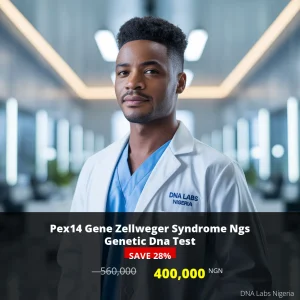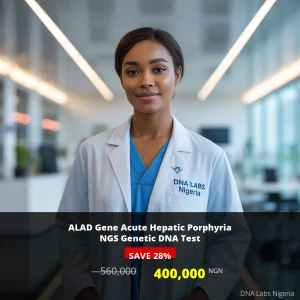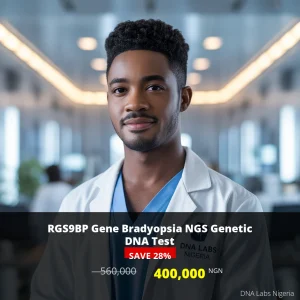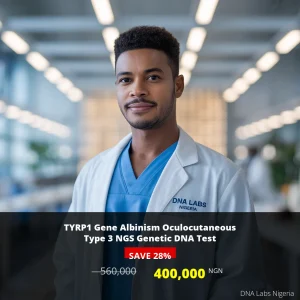ALDH2 Gene Acute Alcohol Sensitivity NGS Genetic DNA Test
Introduction to the Test
The ALDH2 Gene Acute Alcohol Sensitivity NGS Genetic DNA Test is an innovative diagnostic tool designed to assess an individual’s genetic predisposition to acute alcohol sensitivity. This test utilizes Next Generation Sequencing (NGS) technology to analyze the ALDH2 gene, which plays a critical role in the metabolism of alcohol. Understanding your genetic makeup can provide valuable insights into how your body processes alcohol, potentially affecting your health and lifestyle choices.
What the Test Measures
This genetic test specifically measures variations in the ALDH2 gene that are associated with the ability to metabolize alcohol. Individuals with certain genetic variants may experience adverse reactions to alcohol, leading to symptoms such as flushing, nausea, and increased heart rate. By identifying these genetic markers, the test helps predict the likelihood of experiencing alcohol sensitivity.
Who Should Consider This Test?
This test is particularly beneficial for individuals who:
- Experience adverse reactions when consuming alcohol.
- Have a family history of alcohol sensitivity or related metabolic disorders.
- Are concerned about their alcohol consumption and its effects on their health.
- Wish to make informed lifestyle choices regarding alcohol intake.
Benefits of Taking the Test
Understanding your genetic predisposition can offer several advantages:
- Empowers you to make informed decisions about alcohol consumption.
- Helps prevent potential health risks associated with alcohol sensitivity.
- Provides insights for personalized health and wellness strategies.
- Encourages proactive management of metabolic disorders.
Understanding Your Results
Your test results will indicate whether you carry genetic variants associated with acute alcohol sensitivity. It is essential to discuss these results with a healthcare professional who can provide guidance on the implications for your health and lifestyle. Genetic counseling may also be recommended to help interpret your results and explore any necessary lifestyle adjustments.
Pricing Information
| Price Type | Amount (NGN) |
|---|---|
| Discount Price | 400,000 NGN |
| Regular Price | 560,000 NGN |
Book Your Test Today!
Don’t wait to understand your genetic predisposition to alcohol sensitivity. Book the ALDH2 Gene Acute Alcohol Sensitivity NGS Genetic DNA Test today for just 400,000 NGN. For more information or to schedule your test, call or WhatsApp us at +2348110567037.
Additional Information
Turnaround Time: 3 to 4 Weeks
Sample Type: Blood
Pre-test Instructions: Clinical history of the patient who is going for the test and a genetic counseling session to draw a pedigree chart of family members affected with acute alcohol sensitivity.







